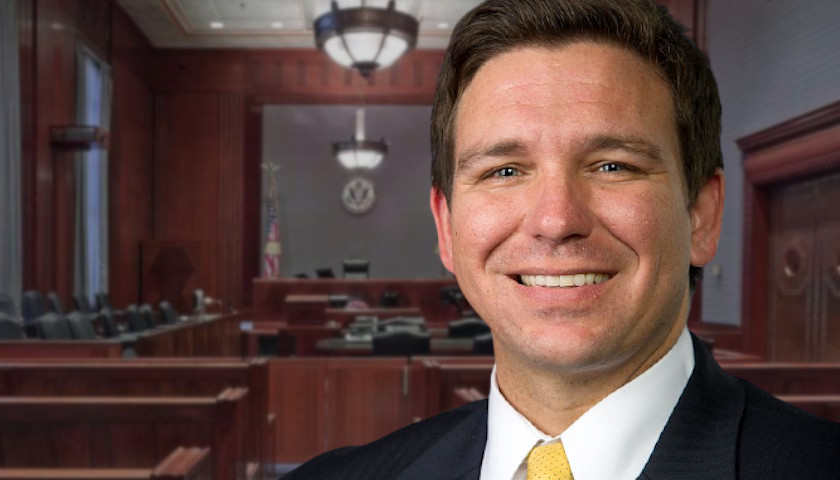The DeSantis administration on Tuesday requested that the 11th U.S. Circuit Court of Appeals lift the injunction on the law aimed at regulating social-media companies.
The law banning social media and big tech companies from “deplatforming” or “cancelling” political candidates on the internet was blocked in a ruling by a federal judge a day before the law was to take effect.
U.S. District Judge Robert Hinkle issued a 31-page order on June 30th outlining his decision to approve an injunction filed by tech companies NetChoice and the Computer and Communications Industry Association.
As reported by The Florida Capital Star in May, the impetus for the law stems from former President Donald J. Trump’s Twitter account being permanently suspended, along with many social media users seeing their accounts suspended due to questioning the efficacy of the COVID vaccine or contesting the results of the 2020 presidential election.
While the state argued that the law protects the First Amendment rights of Floridians and specifically political candidates, Hinkle said, “The assertion is wholly at odds with accepted constitutional principles.” He then notes that it is actually the plaintiffs whose First Amendment rights are being threatened.
He states, “The First Amendment says ‘Congress’ shall make no law abridging the freedom of speech or of the press. The Fourteenth Amendment extended this prohibition to state and local governments. The First Amendment does not restrict the rights of private entities not performing traditional, exclusive public functions … So whatever else may be said of the providers’ actions, they do not violate the First Amendment.”
Hinkle also explains that because the law involves content-based restrictions, it must be subject to strict scrutiny under the U.S. Constitution. Strict scrutiny is the highest form of judicial review and deals with the constitutionality of laws accused of being discriminatory. A restriction is “content-based” if it “applies to particular speech because of the topic discussed or the idea or message expressed.”
He continues by saying, “The Florida statutes at issue are about as content-based as it gets … The plaintiffs assert, too, with substantial factual support, that the actual motivation for this legislation was hostility to the social media platforms’ perceived liberal viewpoint.”
“The government must abstain from regulating speech when the specific motivating ideology or the opinion or perspective of the speaker is the rationale for the restriction,” he cited from a previous ruling. In order for the law to beat strict scrutiny, “an infringement on speech must further a compelling state interest and must be narrowly tailored to achieve that interest … These statutes come nowhere close.”
– – –
Casey Owens is a contributing writer for The Florida Capital Star. Follow him on Twitter at @cowensreports. Email tips to [email protected].





